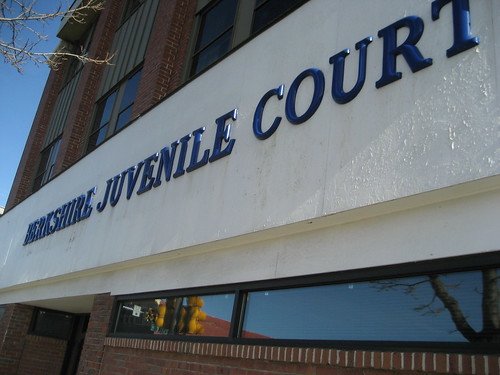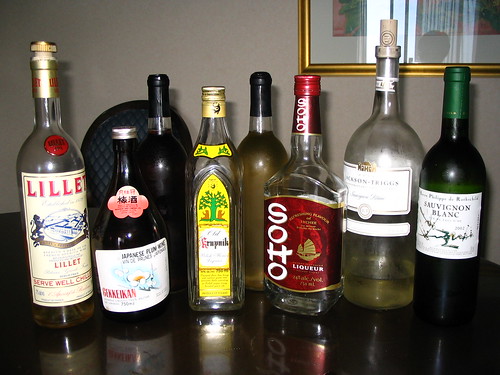Drunk driving is more than a safety hazard or a bad idea. It’s against the law.
Although legal blood alcohol concentration (BAC) levels vary by jurisdiction – meaning that the amount of alcohol considered “over the legal limit” depends on the state in which the DUI was committed —stricter statutes are in place across the entire country when it comes to juveniles. These laws, commonly known as “zero tolerance” policies, consider it illegal for anyone under the legal drinking age to operate a motor vehicle with any amount of alcohol in his or her system.
 Image Credit
Image Credit
Juvenile DUI Penalties
While an adult of legal drinking age can be charged with DUI with a BAC of 0.05 or 0.08 or higher, depending on state laws, juveniles can be charged with DUI with a BAC of 0.00 or 0.02 or higher. Consequences are also more severe for people under the age of 21 who have been charged with DUI than for adults of legal drinking age. The driver’s license is commonly suspended, and jail time is an additional possibility in many states. Underage drinkers who get behind the wheel can also be charged with possession of alcohol simply because of their age and the fact that they had been drinking, whether or not alcohol was actually found in the vehicle.
 Image Credit
Image Credit
Juvenile Record Sealing
There’s no denying that drinking and driving is a big lapse in judgment, but kids and teens frequently make mistakes due to peer pressure from friends or the simple fact that their decision-making skills have yet to be completely developed. Being charged with a juvenile DUI is a criminal offense with justifiable penalties, but is it fair to use an incident that occurred during someone’s youth against him for the rest of his life?
Although police records and court case documents are public records that are commonly used for background checks, many states allow criminal records involving juveniles under the age of 17 to be sealed in order to prevent them from being accessed by the general public or anyone without a court order. Record sealing does not happen automatically; a request must be made to seal juvenile records three years after the person has finished serving the punishment for the crime.
It’s important to realize that “sealing” does not mean that these records are destroyed. They can still be seen and used by law enforcement and social service agencies as well as the court system. A juvenile DUI penalty can even be used by judges in any future adult court cases to set bail or determine the length of one’s sentence.
Should You Seal Your Record?
Letting people know that you committed a crime in your younger years may be embarrassing or even detrimental, but having your record sealed may actually be more damaging to your reputation than leaving it open. A sealed criminal record may lead people to assume that a very serious crime was committed. While juvenile DUI is not a matter than should be taken lightly, it is not considered as severe as murder, rape or robbery.
Jon Reiter works with The Law Office of Andres R Guevera, a Denver DUI lawyer who has conducted hundreds of hearings and trials in federal and state courts.
Law Guru
Latest posts by Law Guru (see all)
- Will Google Glass Cause Traffic Accidents & Create Privacy Issues? - December 4, 2013
- Tools to Help You Find a Safe, Low-Crime Neighborhood - October 4, 2013
- Car Lawsuits That Make your Head Spin - August 13, 2013
